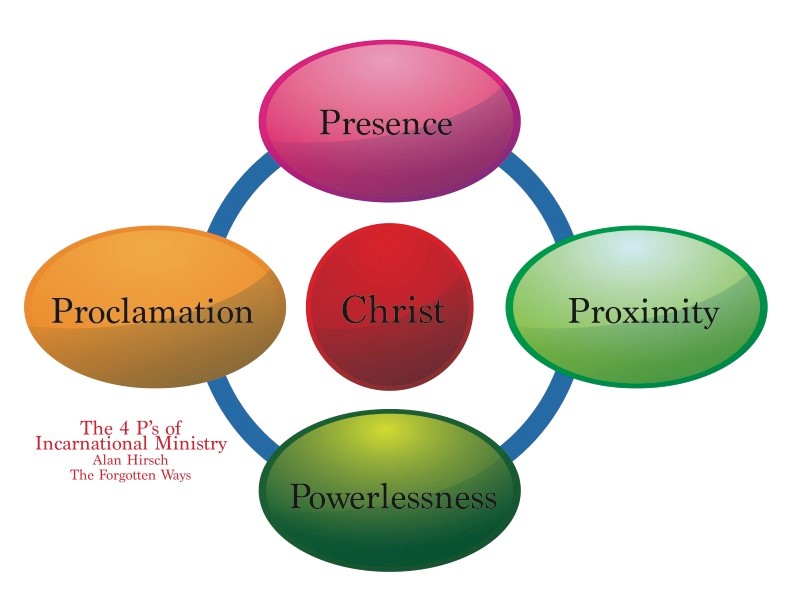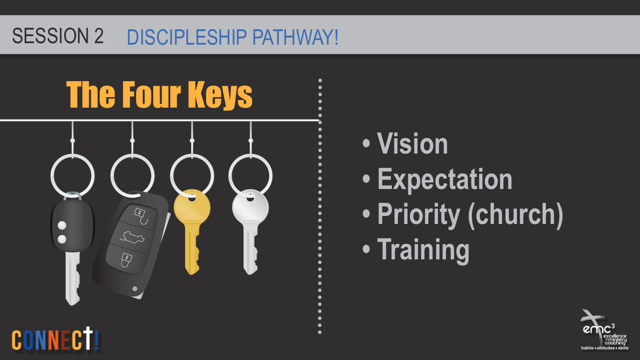November 25, 2014
By Phil Maynard
Chvches (pronounced “churches”) isn’t a religious group at all. They’re a Scottish ‘electronic’ band that is currently touring the U.S. behind its 2013 album release, The Bones of What You Believe. In an interview this past summer with Chicago Tribune writer Luis Gomez, the band mates related what they termed the “unofficial rules” that help them survive life together as a touring band. They caught my eye because, while the rules didn’t have anything to do with ministry per se, they were pretty good guidelines for staying healthy as disciples who are traveling the road of ministry together (a calling which has lots of similarities to being part of the chaos, exhilaration, and challenges of a traveling road show, doesn’t it?). Rule #1 – No Complaining on Tour. While you could just conclude that phrase after “no complaining” and have a instructive rule for life, the Chvches version tips its hat to the inevitable drama of being in close proximity to excitable people working long hours towards a common goal. It’s easy to fall into a pattern of bickering, criticism, and grousing that steals our focus from the holy work at hand. A worship ministry friend and I developed ‘The Sunday Rule’ after realizing that we lost all sense of actually worshiping on Sunday mornings because we were so caught up in critiquing the worship services as they were happening. Here’s that rule: Unless it is an issue that has to be (and can be) fixed in the moment, no critiquing the worship service till Monday. Period.
Rule #2 – The Writing Process is a Democracy.
For Chvrches it’s composing songs, but we all know that collaborative ministry is stronger ministry. Everyone on a team needs a voice. Everyone’s ideas need to be empowered and given a chance to shine. When one person on the team becomes too dominant, the other team members need to gently remind that person to stop sucking up all the oxygen in the room. Of course, clergy-in-charge have the ultimate responsibility for what happens in worship, but when they move outside their comfort zones into a more collaborative space, the Holy Spirit does some amazing, creative things.
Rule #3 – DIY Recording Works.
The band mates of Chvches found a path to success that skirted the traditional model of working with a record company. They recorded and distributed their own music, taking a DIY entrepreneurial approach to the process. Churches can be most flexible in meeting the needs of their communities by emphasizing entrepreneurial and DIY ministry. Just because a mega-church has done it a certain way doesn’t mean your local congregation is confined to that model. For as many different faith communities as exist, there are variations in available skill sets and resources that call for ministry to be ‘customized.’ Don’t be afraid to experiment and chart your own path.
Rule #4 – No One is Bigger than the Band.
And in our case, of course, the Band Leader. Purposeful humility within ministry teams is not accidental. It is the result of intentional strategies that include prayer (at every meeting), celebrating successes of the entire team, expressing gratitude for the contribution of individual team members, listening to everyone, and giving everyone an opportunity to express their opinions.
Rule #5 – Avoid Love Life Questions.
The broader version of this rule, applicable to ministry teams, is NO GOSSIP. It should be a clear covenant expectation among team members that they will not talk about one another in whispers and shadowy places. Communication should be honest and open, and once a decision has been made, team members should support one another and the overall goals of the ministry (see Rule #4).
Rule #6 – Don’t Explain Lyrics.
Lead singer Lauren Mayberry’s explanation of this as a personal preference is sweet and empathetic. She encounters fans who are deeply touched by one of her songs, and when she finds out that they sometimes hear a song with a completely different meaning from the way in which she wrote it, she thinks it’s heartbreaking to say to them, “Oh, that’s not what that song means at all.” She takes in joy in letting them take it for what it means to them. As players on ministry teams, we can spend a lot of time being bitter that people don’t experience things exactly the way that we do—that specific things are not as important to everybody as they are to us. What if we acknowledged with joy that everybody experiences ministry (whether doing or receiving) in different ways? It’s the interaction and the resulting relationships that ultimately matter. What are the ‘unofficial rules’ that you’ve developed in your ministry team experiences? What strategies make for healthy teams and what bad habits should be avoided at all costs? Keep the conversation going by commenting below.



Leave A Comment